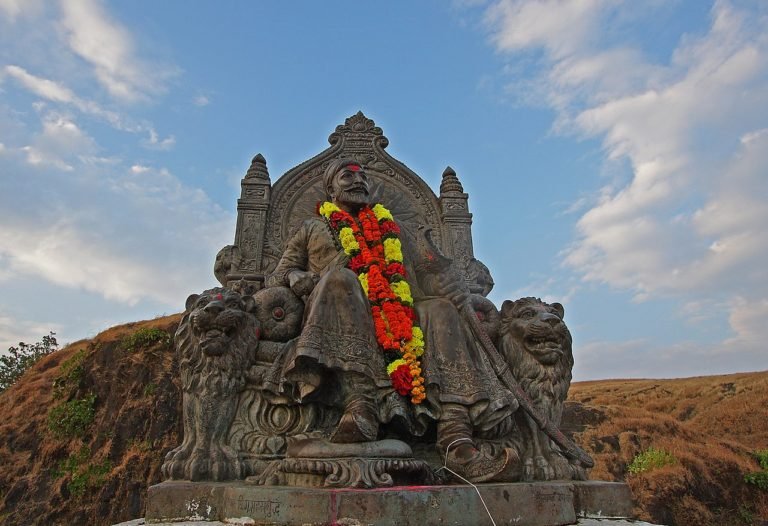Religions in India are characterized by a diversity of practices and faiths. The country is the birthplace of Hinduism, Buddhism, Jainism and Sikhism.
Hinduism is often considered one of the oldest religions in the world. The origins of Hinduism may include elements from the beliefs of the Indus Civilization, which existed from 3300 to 1700 BCE, but no archaeological evidence can confirm this.
Hinduism's oldest text, the Rigveda, was composed during the Vedic period between 1700 and 1100 BC. The earliest versions of the epic poems of the Ramayana and the Mahabharata were composed between 300 and 100 BCE. After 200, Hindu schools of thought were codified into Indian philosophy: Samkhya, Yoga, Nyaya, Vaisheshika, Purva-Mimamsa and Vedanta.
It was with Mahâvîra that Jainism, an ancient Indian religion, experienced significant expansion. Jainism is close to Raja yoga in its morality or its yamas (the five moral vows are the same, the first of which is Ahimsâ, Non-violence).

Contents
ToggleFestivals in India (Hinduism, Sikh, Jain, Naga, etc.)
Holidays of the month
February 10, 2025 (1 event)
February 10, 2025

Today, the Zeliang of Nagaland celebrate Hega. Showing appreciation to the supreme god for all the privileges he has provided. People join in prayer to appeal to the Almighty and ask him to shower them with blessings in the form of luck, wealth and courage. This festival is also an opportunity for young couples to get married under the protection of the gods. #mythology #myth #legend #calendar #February 10 #HegaFestival #Nagaland #Zeliang
February 19, 2025 (1 event)
February 19, 2025

Today, Indians in Maharashtra commemorate the birth of Shivaji Bhonsale I. He created the Maratha Empire and helped revive Hindu political, social and civil traditions, then heavily under Muslim rule. #mythology #myth #legend #calendar #February 19 #shivaji
Cultural areas in India
Religions in India are characterized by a diversity of practices and faiths. The country is the birthplace of Hinduism, Buddhism, Jainism and Sikhism and has long been home to Judaism, Christianity, Islam and Zoroastrianism.
Hinduism is often considered one of the oldest religions in the world. The origins of Hinduism may include elements from the beliefs of the Indus Civilization, which existed from 3300 to 1700 BCE, but no archaeological evidence can confirm this. Hinduism's oldest text, the Rigveda, was composed during the Vedic period between 1700 and 1100 BC. The earliest versions of the epic poems of the Ramayana and the Mahabharata were composed between 300 and 100 BCE. After 200, Hindu schools of thought were codified into Indian philosophy: Samkhya, Yoga, Nyaya, Vaisheshika, Purva-Mimamsa and Vedanta.
It was with Mahâvîra that Jainism, an ancient Indian religion, experienced significant expansion. Jainism is close to Raja yoga in its morality or its yamas (the five moral vows are the same, the first of which is Ahimsâ, Non-violence).
Sikhism was founded by Guru Nanak (1469-1539). His preaching was addressed to all human beings regardless of their religion, caste or gender. The holy book of Sikhism, the Guru Granth Sahib, was first compiled by the fifth Sikh guru, Guru Arjan, from the writings of the first five gurus and saints of other religions. Before the death of Guru Gobind Singh, the Sahib was declared as the eternal guru.

